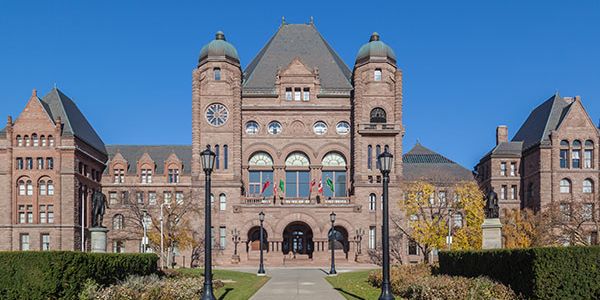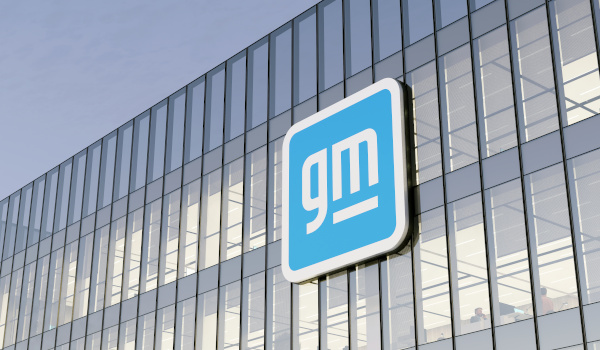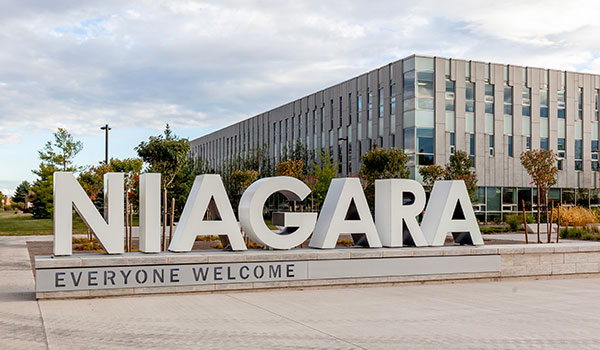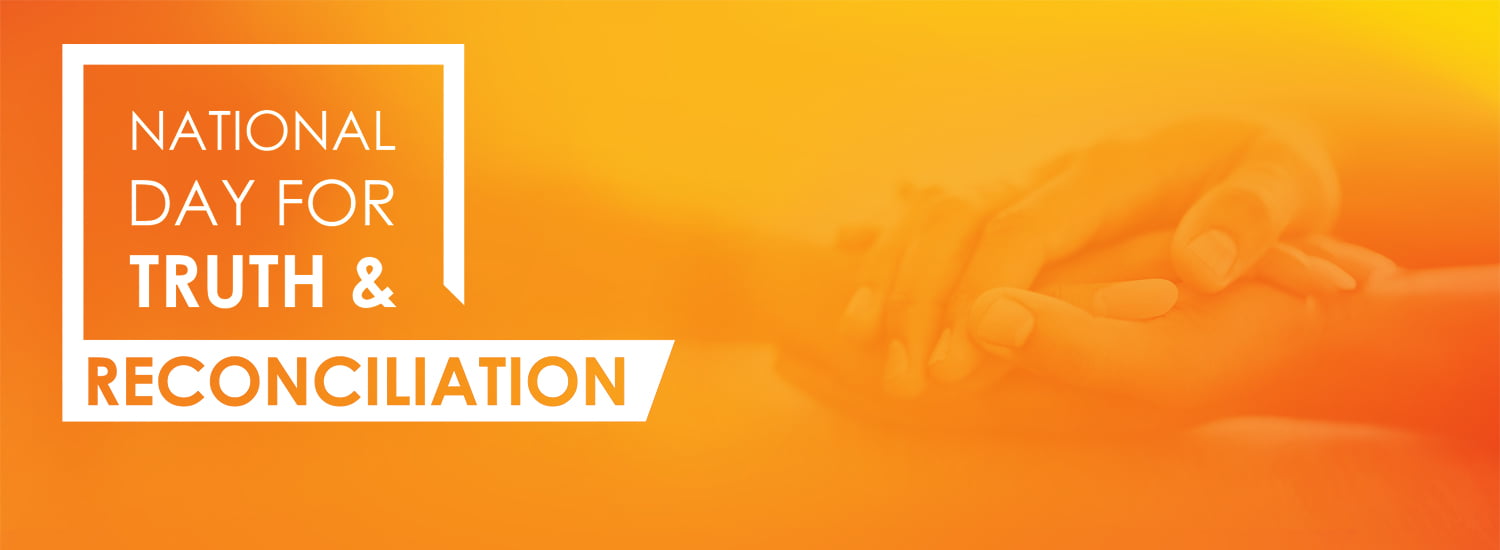In this edition:
- Ontario to introduce new Greenbelt law soon as legislature resumes, new housing minister says
- With Ford deal approved, Unifor sets sights on GM for next round of auto talks
- Government of Ontario introduces Transportation for the Future Act
- Applications open for Niagara’s Building Safer Communities Grant
- Nearly 40% of Canadians unhappy with hybrid work processes: HP report
- Council for Aboriginal Business and Hydro One open applications for Indigenous Entrepreneurship Grant
- Reading Recommendations: Small Business

Ontario to introduce new Greenbelt law soon as legislature resumes, new housing minister says
Ontario’s legislature has resumed sitting after a summer recess, with a controversy about Greenbelt land removals looming large, despite Premier Doug Ford saying last week that he is reversing the decision.
Ford says in question period today that his announcement is a sign of leadership, admitting he made a mistake and is moving forward.
Municipal Affairs and Housing Minister Paul Calandra says the government members won’t be supporting an NDP private member’s bill today to return lands to the Greenbelt because the government will soon be introducing its own bill to do that.

With Ford deal approved, Unifor sets sights on GM for next round of auto talks
Canada’s largest private sector union says it will turn to negotiations with General Motors after members voted to accept its labour agreement with Ford Motor Co. of Canada. Unifor says the talks will begin Tuesday.
Workers at Ford voted 54 per cent in favour of a new three-year collective agreement over the weekend. The ratification stands in sharp contrast to the 81 per cent support their previous contract received.
The narrow vote of support by Unifor members for the proposed contract with Ford has experts saying that reaching deals with General Motors and Stellantis could prove more challenging.
Government of Ontario introduces Transportation for the Future Act
Today, the Ontario government introduced the Transportation for the Future Act, 2023, that if passed, would help build more GO Transit stations, spur more housing and mixed-use communities around transit, and help make it more convenient to travel across the Greater Toronto Area.
The proposed legislation is in response to requests from municipalities for a new optional funding tool that would enable municipalities to raise revenues to build much needed transit and housing. The new tool, called the Station Contribution Fee, would allow municipalities to fund the design and construction of new GO stations and recover the costs over time as transit-oriented communities are built around these future stations.

Niagara Region is now accepting applications for the Building Safer Communities Grant Program, which funds community-based efforts to prevent youth gun and gang violence locally.
In partnership with Public Safety Canada, the Building Safer Communities Fund will be used to implement Niagara’s Gun and Gang Prevention Strategy. This initiative aligns with prevention activities identified with Niagara’s Community Safety and Well-Being Plan.
Applicants may request between $10,000 to $300,000 per year, for up to two years.

Nearly 40% of Canadians unhappy with hybrid work processes: HP report
HP’s first global study that tracks people’s relationships with their work found that nearly 40 per cent of Canadians are unhappy with their hybrid work processes and do not feel like they have the right tools and equipment to be successful.
The research, conducted between June 9 and July 10, 2023 in 12 countries, including Canada, surveyed knowledge workers (12,012), IT decision makers (3,612) and business leaders (1,204).
Over 70 per cent of Canadian knowledge workers think it’s important that a company’s office have all the equipment, technology and space for them to be successful, but only 26 per cent consistently experience this type of environment.
Council for Aboriginal Business and Hydro One open applications for Indigenous Entrepreneurship Grant
Today, Canadian Council for Aboriginal Business (CCAB) and Hydro One announced the launch of the Hydro One Indigenous Entrepreneurship Grant for 2023. This year, 10 Indigenous entrepreneurs will each receive a $7,500 grant to expand their business and contribute to their communities’ prosperity.
Launched in 2021, the grant was created to provide financial assistance to Ontario-based Indigenous-owned businesses during the COVID-19 pandemic. CCAB research from the 2022 COVID-19 Indigenous Business Survey: Phase III report showed that Indigenous businesses continue to experience negative impacts due to the COVID-19 pandemic, with more than half (59 per cent) of the businesses that received government financial assistance reporting that the funding did not meet their needs.
Applications are now open and can be submitted until Oct. 23, 2023. To apply for the Hydro One Entrepreneurship Grant and for more information about eligibility, visit www.ccab.com/hydro-one-indigenous-entrepreneurship-grant-2023.

Truth and Reconciliation around Niagara
Each year, September 30 marks the National Day for Truth and Reconciliation.
The day honours the children who never returned home and Survivors of residential schools, as well as their families and communities. Public commemoration of the tragic and painful history and ongoing impacts of residential schools is a vital component of the reconciliation process.
This federal statutory holiday was created through legislative amendments made by Parliament.
Learning opportunities abound in Lincoln on 2023 National Day of Truth and Reconciliation
City of Thorold to mark National Day for Truth and Reconciliation and Orange Shirt Day
St. Catharines to commemorate National Day for Truth and Reconciliation
Did you know?
Indigenous people in Canada contribute almost $50 billion to the national economy.
Focus on Small Business
17 Tips for Small Business Inventory Management
On its surface, the concept of inventory management might seem pretty straightforward — how much stock do we have on hand for each of the products we sell? But it’s much more complicated than that. Inventory management encompasses accounting for the products in your warehouse, the raw materials needed to make those products and other supplies to keep your business running.
Inventory management isn’t merely an accounting of what is; it involves predicting what “will be” so the organization can ensure that it has enough product, raw materials and supplies to meet future demand. Carry too much inventory, and you’re wasting valuable fiscal resources. Carry too little, and you risk losing money from lost sales.
Effective inventory management systems can help businesses save time and money and maximize sales. The right inventory management system automates some processes, accurately tracks incoming and outgoing goods and services and provides the real-time data needed to make purchasing and product development decisions.
Through the Daily Updates, the GNCC aims to deliver important business news in a timely manner. We disseminate all news and information we feel will be important to businesses. Inclusion in the Daily Update is not an endorsement by the GNCC.





